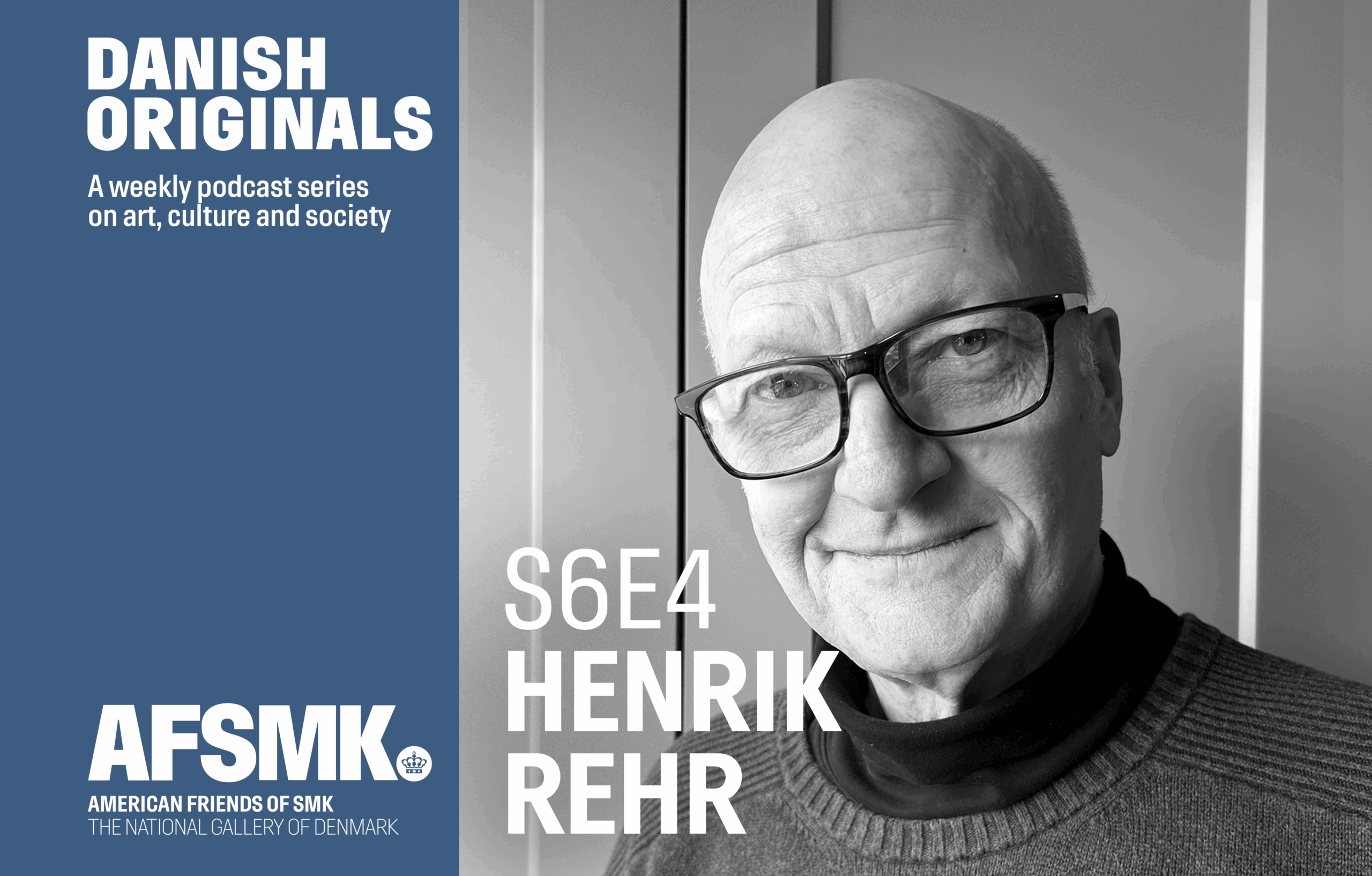By the end of next year, Denmark will – barring any international calamity – for the first time since 2002 be without a major contingent of ground troops deployed to a combat zone.
The 2014 withdrawal from Afghanistan marks the end of a process that saw Denmark transformed from a peacekeeper – as a regular contributor to UN missions starting in the 1950s – to a peacemaker in the Balkan Wars, and finally to regular combatant in the theatres of the current War on Terror.
The missions in Iraq and Afghanistan have enjoyed inordinately high levels of support, but with the troops safely back on home soil, a self-examination of Denmark’s role as an aggressor nation is likely to begin in earnest.
This is a process that has already begun to some extent in popular culture – as early as 2004, the film ‘Brothers’ looked at the cost of war on the aggressor nation. With demobilisation comes the freedom to speak freely about the value of sending armed forces into 21st century conflicts without fearing whether it will undermine support on the homefront and wreck battlefield morale. We should expect a frank discussion about what has gone on during the past 12 years, and not least what can be learned from it.
The first calculation that must be made is the cold cost-benefit analysis of whether Denmark (and the west) got more out of deploying troops to both Iraq and Afghanistan than it put into it – in terms of monetary cost, military lives lost or shattered and, most importantly, the effect it had on Afghans.
This last figure may be incalculable, but it is far from insignificant. It’s possible that some people in Afghanistan are better off thanks to the efforts of Denmark and the other NATO forces. But, with just two years left until Afghans are left to provide their own security, and with the Afghans looking increasingly capable of doing so, it’s entirely likely the country will be worse off than it was when Western troops invaded.
For military planners, the impending failure in Afghanistan and the partial success in Iraq should also serve as lessons before heading into similar conflicts. The nation’s newly-found faith in military intervention has already seen it send the military to assist in conflicts in Libya and now Mali. If the foreign minister gets his way, the next destination for Danish forces could well be Syria, should that country’s murderous regime be toppled.
Before voters agree to again put Danish soldiers in harm’s way for the Syrians or anyone else, they should ask themselves whether the Afghans are better off now than they were 12 years ago.













